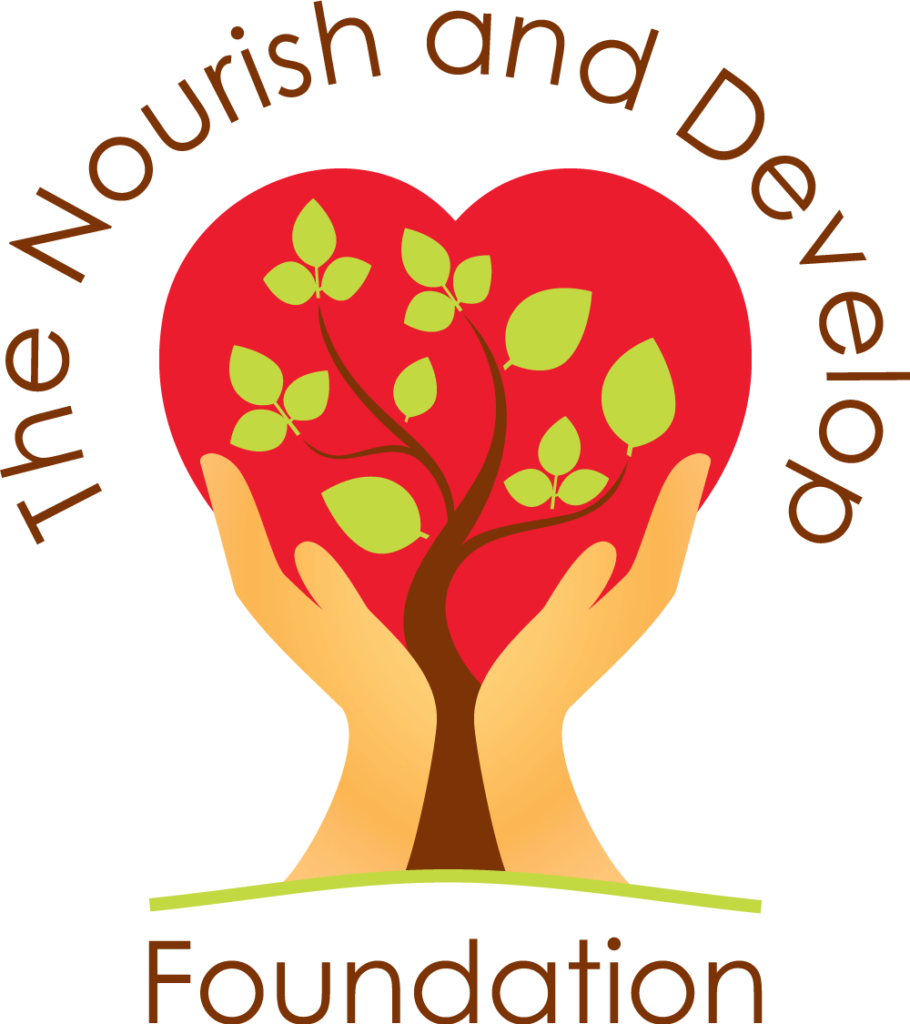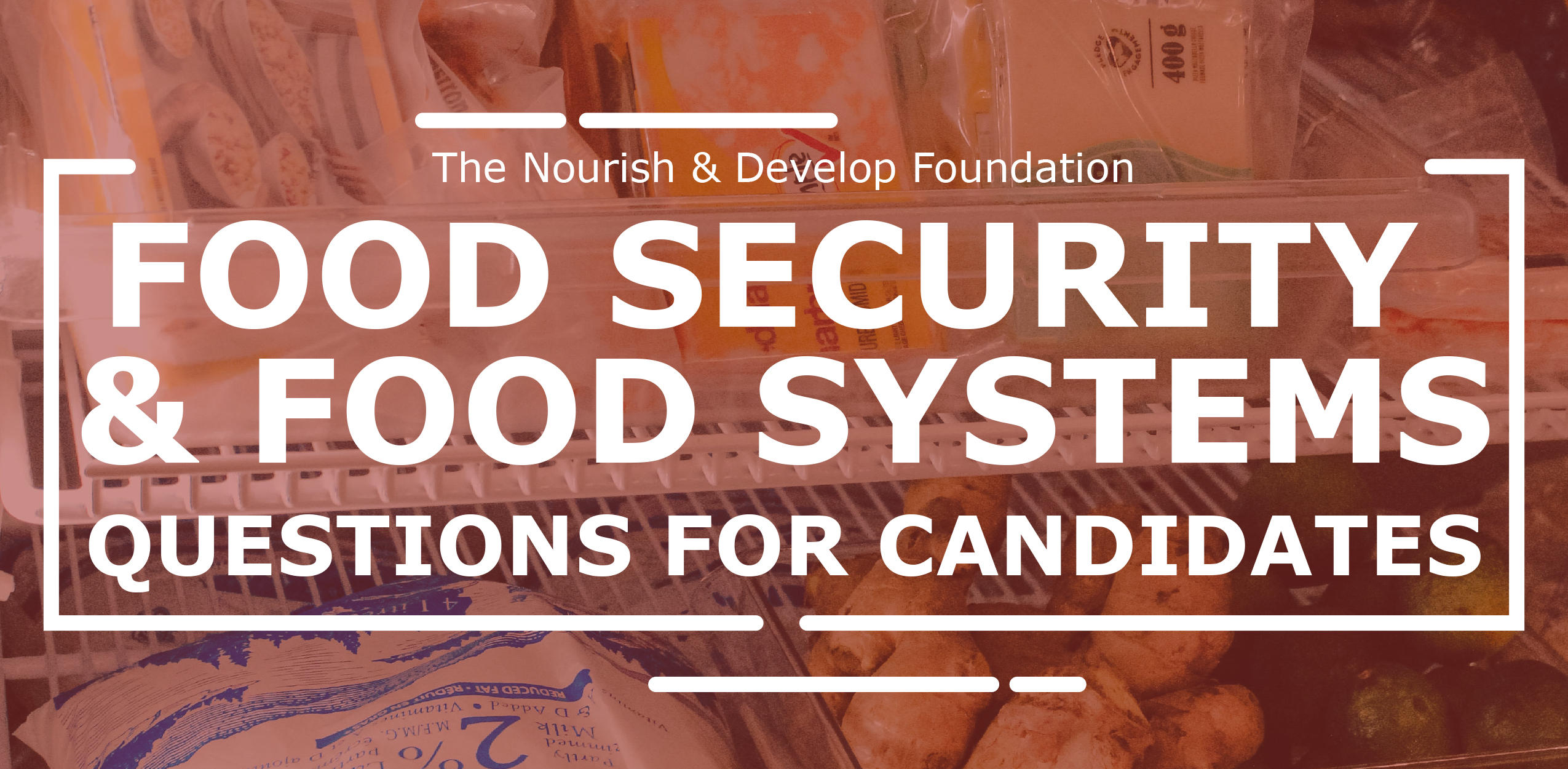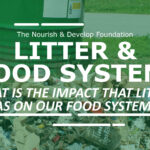In advance of the upcoming provincial election on June 2, 2022 we reached out to our local candidates to understand their perspectives on and approaches to food systems and food security.
We asked three questions:
- If you were elected, what will you do to ensure Ontarians have adequate access to sufficient, healthy, safe, and culturally appropriate food?
- If you were elected, what will you do to support sustainable and just local food production?
- If you were elected, what will you do to improve Ontario’s social assistance programs?
Here is what our candidates had to say:
Question 1: If you were elected, what will you do to ensure Ontarians have adequate access to sufficient, healthy, safe, and culturally appropriate food?
Barbara Doyle
New Democratic Party
“There must be a layered approach to the whole concept of security. We need to ensure stable housing for a start. Housing is a basic human right and it’s pretty tough to store, cook and provide healthy meals consistently when you are in an unstable housing situation. Shovels in the ground are needed to build more units right away but let’s also look at zoning rules to add granny flats, multi-residential like duplex and triplex units. Putting rent controls back in place and stopping renovictions would also be top priority.
Raising wages and social assistance benefits to bring people to a living wage is a big factor in this equation. There must be enough left after housing costs to be able to afford the food you need for your families. This would also support culturally appropriate food choices because the families would choose their own groceries for their recipes rather than having to make do with items chosen for/given to them.
Tackling other affordability factors like bringing in $10/day childcare, reducing prices for gasoline, and putting medications, dental and mental health care under OHIP to stop out-of-pocket payments.
We should also look at supporting operational funding for local non-profits that are already doing incredible education/programming work in their communities. No need to reinvent the wheel here. These are community members responding to local needs and we must ensure that continues uninterrupted. That often means small amounts of operational funding that results in continued or additional jobs in these local areas.”
Don McBey
Liberal Party
“Only the Liberals will remove the 8% provincial HST on prepared food purchases of $20 or less, exempting a whole range of balanced meal options, rather than just snack foods under $4.
The Liberals will provide free Ontario-grown breakfasts to all K-12 students that need them by expanding the Student Nutrition Program.
A Liberal government would raise the provincial minimum wage to $16 and would thereafter implement a regional system of living wages based on regional cost-of-living data. We will also bring back rent controls. Both measures will help protect financially vulnerable individuals and families and provide money for basic living costs, such as food.”
Gene Balfour
Libertarian Party
“This is a great question because the high cost of living – food included – is the top issue of this election.
Inflation is the single term often used to simplify a complex topic with multiple root causes. Virtually all causative factors can be traced to government policies at all three levels of government. For example, federal Monetary policy are carried out by the Bank of Canada to fuel our fractional reserve banking system and likely caused as much as 2/3 of the source of inflation prior to 2020 according to former Economics professor at McGill University William Watson. However, the pandemic lockdown policies since 2020 have had a massive impact on supply chains and until those policies are backed off entirely, supply chains will continue to be affected. The Truckers for Freedom convoy was all the evidence that anyone needs to see how unpopular the ‘emergency orders’ undertaken by Trudeau and Ford against the very people who transport goods to all of us.
If I was ever elected to the Legislative Assembly of Ontario and an MPP, my focus would be to reduce the size, cost and authority of government to repeal every piece of legislation, and associated regulations, that actively impedes farms and businesses to serve our consumer markets efficiently and cost-effectively.”
Kerstin Kelly
Ontario Party
“We must pass legislation that virtually outlaws the provincial government’s ability to impose lockdowns and recognize that all work and all workers are essential. Putting food on the table, feeding and clothing a family, paying rent, paying a mortgage are all essential. Costco, Walmart, Amazon are no more important than our own means to survive and make ends meet.
We must require businesses and organizations that fired or suspended employees due to COVID mandates to return those workers to their original positions of work. We must ensure resources and staff in Ontario’s hospitals, retirement homes and other related facilities are sufficient to keep the medically and mentally vulnerable safe and healthy. More coaching, mentorship, and healing therapy must be made available to facilitate healing, purpose in life, hope and recovery.
Improving mental outlook such as what the truckers did for the homeless and downtrodden of Ottawa which resulted in a 90% decrease in crime in Ottawa, with everyone being fed, dancing in the streets, people given love, respect and dignity and hope again, has proven extremely successful in improving mental and emotional health and welfare.”
Tom Regina
Green Party
“Good things grow in Ontario, as they say, and we must permanently protect prime farmland from being lost to non-agricultural use such as urban sprawl, highways and gravel mining. It will be illegal to build highways over the greenbelt.
Greens will introduce a nutritious school lunch program for the public school system to provide and model healthy dietary choices. We will provide start-up funding and land for community-owned healthy food markets, community gardens and rooftop growing spaces, particularly in urban deserts.
We must set measurable made in Ontario food purchasing targets for all public institutions and provide incentives for local food and beverage manufacturers who purchase inputs from local farmers. We have to treat surplus food as a valuable resource. First, use it to feed people, then animals and never send it to landfill. Greens will create policies that support the retention of family-owned farms, farming by experienced farmers among new Canadians and the succession of farms to a younger generation of farmers.”
Question 2: If you were elected, what will you do to support sustainable and just local food production?
Tom Regina
Green Party
“Sustainability is key. I have heard of it being said that the only thing Greens care about is sustainability. The alternative is depletion.
Healthy soil is essential for the health of Ontario’s food system. It also impacts yield and quality, water and nutrient retention, resilience, biodiversity and climate change adaptation and mitigation. We need to support our family farms while they protect this precious resource. We will revise crop insurance programs to support farming practices that improve soil carbon and soil health.
Greens will invest in an Organic Growth Strategy to support transition, small scale certification, access to organic advisors and capital, expansion of organic research programs and increased promotion of Ontario’s organic products. Greens propose to purchase available farmland and place it in protected Land Trusts so it can be made available for dramatically lower costs to new farmers who would otherwise not be able to afford farmland.”
Kerstin Kelly
Ontario Party
“With approximately 25 percent of local children living in poverty and the living wage at $19.42 per hour, we must work to reduce poverty and increase food security for families and seniors most at risk. Coaching, mentoring, and educating the people to empower them to garden, preserve food, have the skills they need to be employable and get better positions. We would encourage and support small business by removing red tape, legislation and excessive taxes would be all ways to mitigate this problem. Forming supportive communities, working together locally to solve these problems, with gardening groups, skills training, daycare, and allowing children to participate, can build a better and more caring compassionate society that takes care of itself. People can be incredibly resourceful, creative, and entrepreneurial if we encourage them and get out of their way. Municipal and public lands should be made available to the community to grow food, and the whole community should be encouraged to grow and preserve its own food.”
Gene Balfour
Libertarian Party
“I joined the Ontario Libertarian Party in 2018, serves as Chairman for the 2018 election, and have been a candidate in 8 prior elections. I have been an Advocate for Less Government more 40+ years because the evidence has been overwhelming that too much government has evolved to become the most significant problem in all areas of our lives. I saw this personally from my career. (My career profile is attached).
In my opinion, too many citizens have come to expect governments to solve our problems but all-too-often their policies make matters much worse.
A political problem of too much government can only be solved by a less government approach to remove the red tape and legislated restrictions that adversely impact food production. Of course, retain those policies needed for public safety but eliminate those that serve partisan interests.
This is also a complex topic that also requires much more detailed attention than can be adequately addressed in this response, but suffice it to say that the work to permanently ‘get government off the back’ of food producers can only be done by an MPP who is ideologically committed to Less Government.
To get a better sense of my views and values, I am the author of the 2022 OLP platform that you can read here https://libertarian.on.ca/platform/2022”
Don McBey
Liberal Party
“As a Liberal MPP, I would help implement Liberal policy in legislating fair trade rules for the negotiation of wholesale food prices between Ontario farmers and the few big companies that dominate food retailing and processing in Ontario.
I would also help make Ontario’s food supply chain more resilient by preserving farmland, scrapping the use of Ministerial Zoning Orders, promoting sustainable farming, and investing in regional food processing capacity to promote locally grown food supply chains.”
Barbara Doyle
New Democratic Party
“Supporting our farmers with improved agricultural initiatives such as raising the cap on the Risk Management Program, bringing down the price of diesel, and encouraging local supply chains and processing will also improve consistent local access to fresh produce.
We also have to address the land use issues. Developers are currently able to get MZO’s to rezone agricultural land or green spaces to build luxury homes. This has to stop. Encouraging young farmers and providing education to take over established farms, or encouraging succession planning, is necessary. But we must also ensure that rural schools stay open, that we bring broadband internet straight across Ontario, and that we help farmers invest in growth strategies so they aren’t put in a position of having to sell out and move on.
We should also be looking to attract and support smaller food processing operations and on-farm butchering to increase farmgate and CSA program sales. This is a key option to support new farming operations as they grow, as well as smaller long established family farms.”
Question 3: If you were elected, what will you do to improve Ontario’s social assistance programs?
Kerstin Kelly
Ontario Party
“For those who are absolutely unable to be productive, life should be made bearable, and everyone should have reasonable access to food, shelter and clothing and opportunities for betterment. By allowing people on social assistance to earn more money, maybe $500 or so without taxes or decreases in payments, and then only taxing back incremental amounts thereafter, we could remove the disincentive to work and promote return to full function in society.
We also need to make housing more affordable. Home prices in Ontario have risen 180% in the last decade while average incomes have risen just 38%. In the last year alone, the average price rose by about 25%.
Property owners must be given more freedom to construct larger multi-unit residential buildings, and to add tiny houses to their properties, while we protect agricultural land.
We would also advocate for establishing an Ontario focused purchasing ban on foreign investors on residential homes and vacant land, as well as, striking up a money laundering task force charged with rooting out corruption and instituting needed regulatory changes related to real estate sales and purchases.
The Landlord Tenant Board of Ontario has created a crisis by making it impossible for good landlords to get rid of bad tenants, so now they are reluctant to take anyone else in.
To make it easier for first time house buyers to get into the market, allowing affordable tiny homes and multiplexes. The conversion of appropriate underused and unused commercial properties to create more homes is an excellent example of cutting the red tape and stimulating home building.”
Barbara Doyle
New Democratic Party
“We would immediately raise OW and ODSP up 20%, but then 100% in 2023. After that, it will be indexed to inflation with regularly occurring raises so that it can’t backslide in the way that it is now. Our coverage of medications including diabetic supplies, mental health care, and dental care will further improve the health of all Ontarians. And $10/day childcare in addition to skilled trades education and keeping ODSP as student education grants rather than loans, will give opportunities for new career training without amassing large scale debt.
As a further initiative, and not stated in the platform, but I will be bringing a bill to restructure the Family Responsibility Office to change how the money flows to the recipients. Over 90% of court ordered support payments are child support only, but less than 50% of payments are made in full and on time. My bill would ensure the money is paid every month, on time and in full, to lift more than 380,000 Ontario families out of poverty, providing dependable payments and financial security. The government would be more aggressive in recovering funds from the payors in this scenario. This would also reduce conflict between the parties, lessen power and control issues in domestic violence situations, and significantly reduce court wait times and legal costs. A win for all sides and a very simple fix.”
Gene Balfour
Libertarian Party
“If you are seeking a politician who believes that government should tax heavily, regulate frequently, and spend liberally, then the NDP, Green and Liberal parties are your best choice. From my personal experience, however, politicians from chose parties promise the Sun, Moon and Stars during every election but never mention that you, your children and your grandchildren will be on the hook to pay whenever they succeed in delivering on their promises. As a father of two daughters who is committed to protecting them, what kind of a father would I be if I claimed to love them then burden them with future debt obligations when their backs are turned. Morally and ethically, I can’t do this.
In lieu of government dependence, I favour community engagement to address community issues through volunteerism, entrepreneurship, fellowship. Then a community takes charge of its own issues rather that counting on government strangers to help, the community has greater control of its own success to tackle important issues. Furthermore, if Ontario adopted the Non-Government Options plan (see platform), every resident would be able to decrease his/her tax load and redirect their savings today personal and/or community needs and initiatives.
I favour the governance model of Switzerland which focuses heavily towards on decentralized government that provides a robust element of direct democracy to empower its citizens at the canton level. If an MPP, my efforts would be on emulating the direct democracy model here. The existing top-down, central planning and administrative-control model that operates here works very poorly to satisfy all 124 diverse ridings here. Change is desperately needed.”
Don McBey
Liberal Party
“The last Liberal government started the Basic Income pilot project in Lindsay and two other communities, to gather data for implementing a province-wide basic income plan. The Ford government scrapped this. A Liberal government would immediately reinstate and complete the pilot project to underpin implementing a basic income plan province-wide.
We have a fully-costed plan to raise ODSP and Ontario Works support payments by 10% in the first year and ODSP by another 10% in 2023.
We will also allow people on social assistance to keep more of their earnings by increasing the income they can earn without impacting their benefits from $2,400 to $6,000/yr.”
Tom Regina
Green Party
“Ontario’s social assistance program must be enhanced so as to eliminate citizens from having to live in legislated poverty. Doubling ODSP is where we start, working towards a basic liveable income. Unemployed stay at home caregivers must receive basic income when caring for a loved one in homecare; this is much less expensive than full time hospital care and much preferred by families and patients. It also helps to increase hospital bed availability. Greens will increase investments in the Risk Management Program to meet or exceed the previous 85% coverage to improve financial security for farmers. We will eliminate property tax for farmers with small scale, value added production facilities on farms. Greens will protect farmers against losses for up to ten years as they transition from chemical agriculture to soil health agriculture and shift program dollars from supporting industrial and intensive animal agriculture to supporting soil health and regenerative culture.”
Please note that the above statements are those of the candidates and do not represent the thoughts or feelings of our organization or our team members.
We thank all candidates who took the time to write these responses, as well as coming to visit us on site at TNDF.
For information on when, where, and how to vote please visit https://www.elections.on.ca/en/voting-in-ontario.html
We reached out to our local Progressive Conservative, New Blue, and None of the Above Party candidates, and did not receive any responses.
For more information on the Green Party of Ontario platform, please visit https://gpo.ca/platform/
For more information on the Ontario Liberal Party platform, please visit https://ontarioliberal.ca/platform/
For more information on the Ontario Libertarian Party platform, please visit https://libertarian.on.ca/platform/2022
For more information on the Ontario NDP platform, please visit https://www.ontariondp.ca/platform
For information on the New Blue Party of Ontario platform, please visit https://www.newblueontario.com/new-blue-print
For information on the None of the Above Party platform, please visit https://nota.ca/ontario/about/
For more information on the Ontario Party platform, please visit https://www.ontarioparty.ca/our_platform_en
For information on the Ontario PC Party platform, please visit https://ontariopc.ca/
[/et_pb_text][/et_pb_column][/et_pb_row][/et_pb_section]



